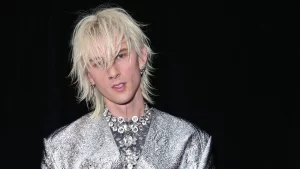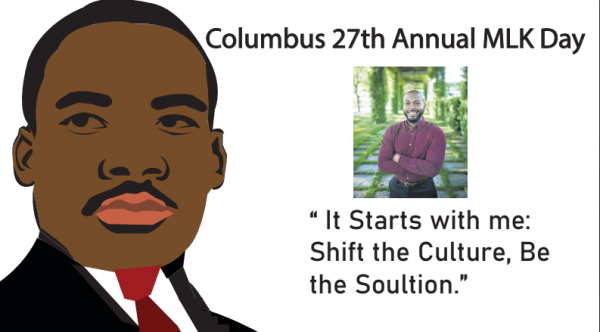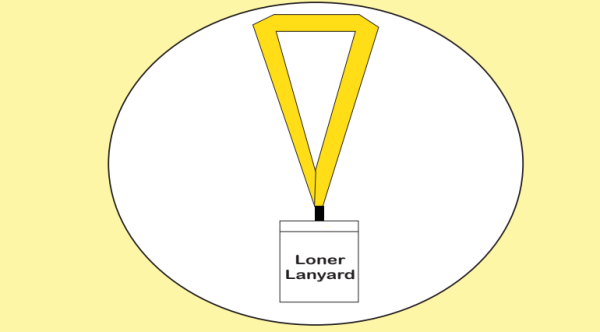Modernizing a Kingdom
November 28, 2017
The heir of Arabia plans to bring it to modernity
The Kingdom of Saudi Arabia is renowned for maintaining ancient traditions well into the 21st century, to the point of living under religious laws and executing those who break them. Currently ruled by the Salman Dynasty, Saudi Arabia has shown some signs that left cultural analysts stumped.
King Salman of Saudi Arabia gradually stepped back from political power, to focus on his religious duties; leaving his son, Crown Prince Mohammad bin Salman al-Saud, to take political face.
In the months prior to King Salman’s retrograde from the public, he made a number of decisions clashing with the religious norms of his country, which analysts believe to be influenced by his son.
With the Crown Prince’s rise to power, bin Salman al-Saud made public his Vision 2030, a set of plans to bring Saudi Arabia on-par with the United States, society-wise. His Vision states that bin Salman al-Saud intends to abolish Arabia’s ancient sex-based laws as well as create a “ideological sanctuary”, or a safe and welcoming place for all ideas, dubbed Neom. The city is intended to act as a cultural utopia and testbed for innovation.
With plans as ambitious as Neom in the works, bin Salman al-Saud has gained a reputation- globally as well as in Saudi Arabia. Across the world, bin Salman al-Saud is seen as idealistic, sometimes even being seen as naive. However, in his country, he is seen as either a heretic or a prophet; reformists hail him as a hero, while those wishing to maintain their traditions and archaic ideas are outraged.
It is rumored that in his absence, King Salman turned to Russia in order to seek support for his son, knowing that a number of bin Salman al-Saud’s changes are not being well met in their entirety. Political analysts hold two major poles on this decision; it could mean the Salmans fear losing their power, or they genuinely want Saudi Arabia to be a global envy.
Among his cultural reforms, bin Salman al-Saud also plans to change Saudi Arabia’s reliance on the oil economy in favor of a more balanced market, though the specifics are yet to be released.
















